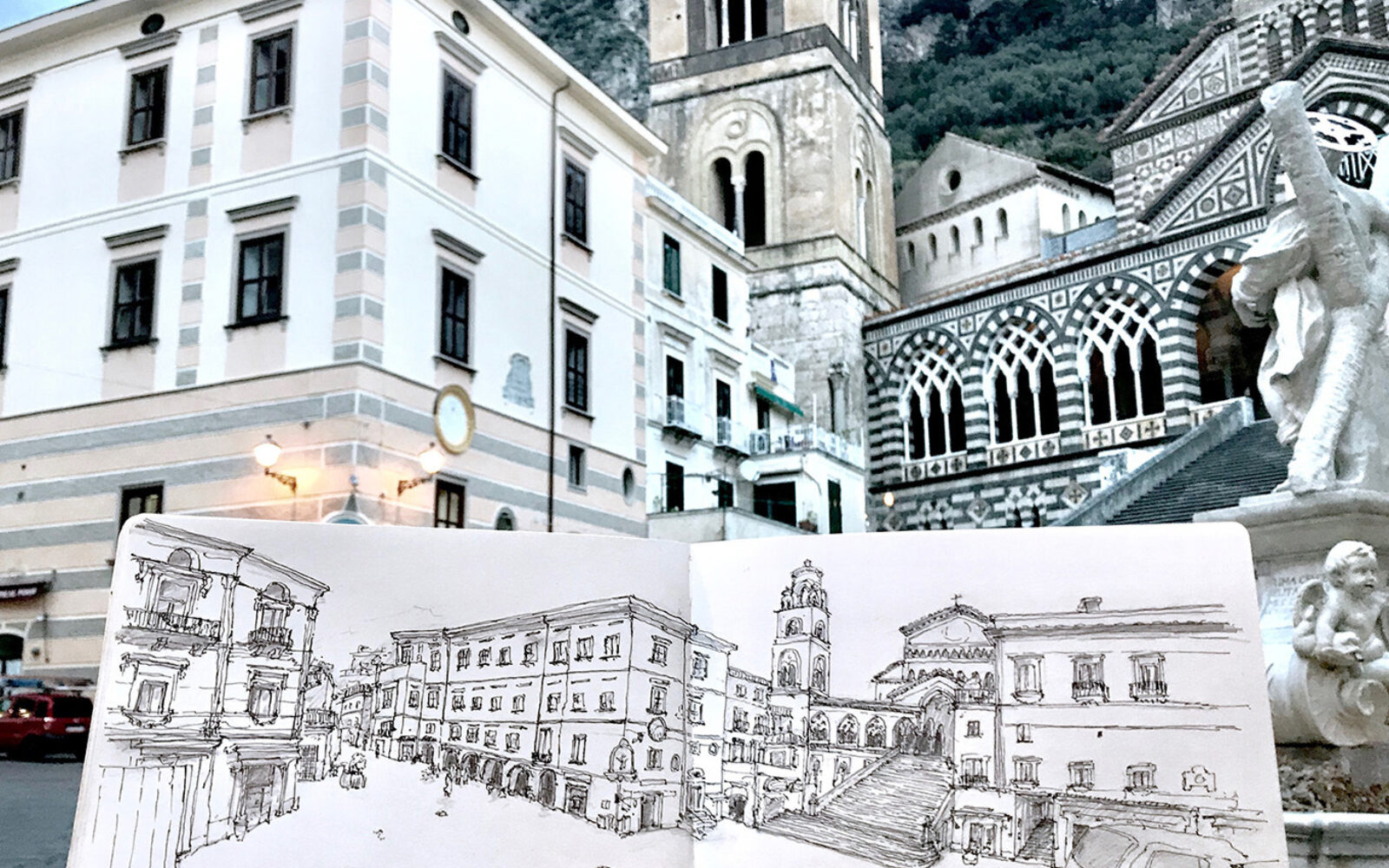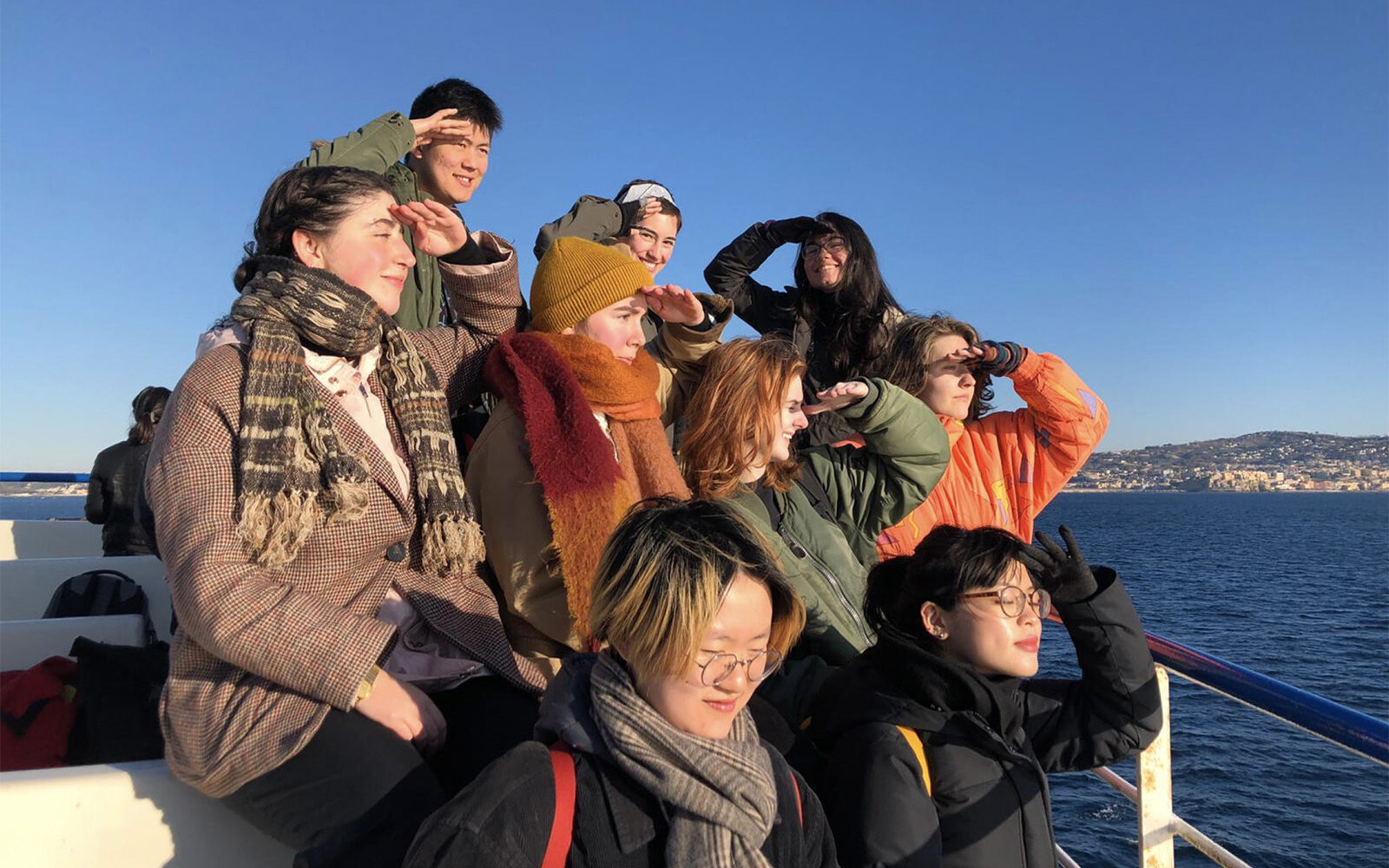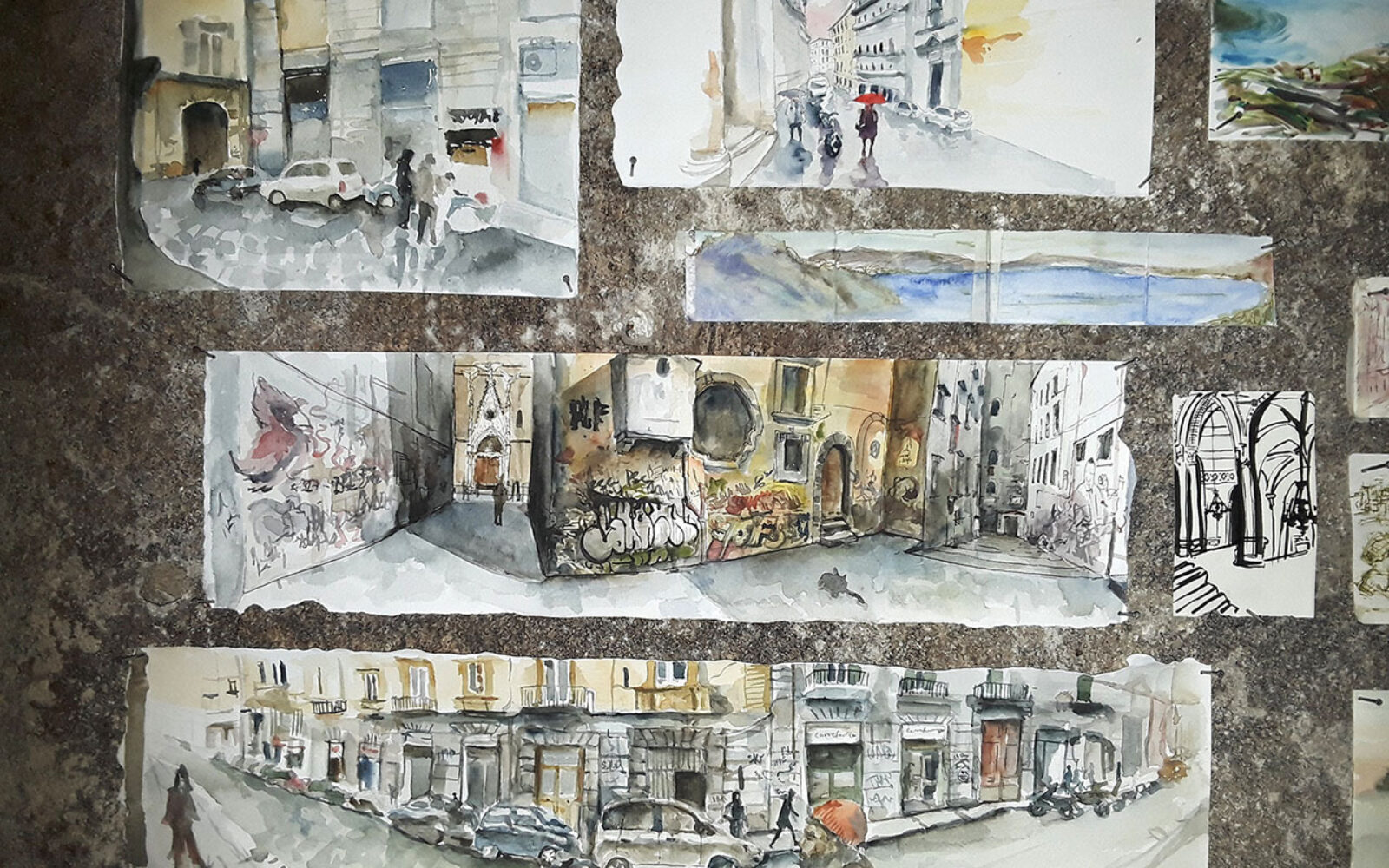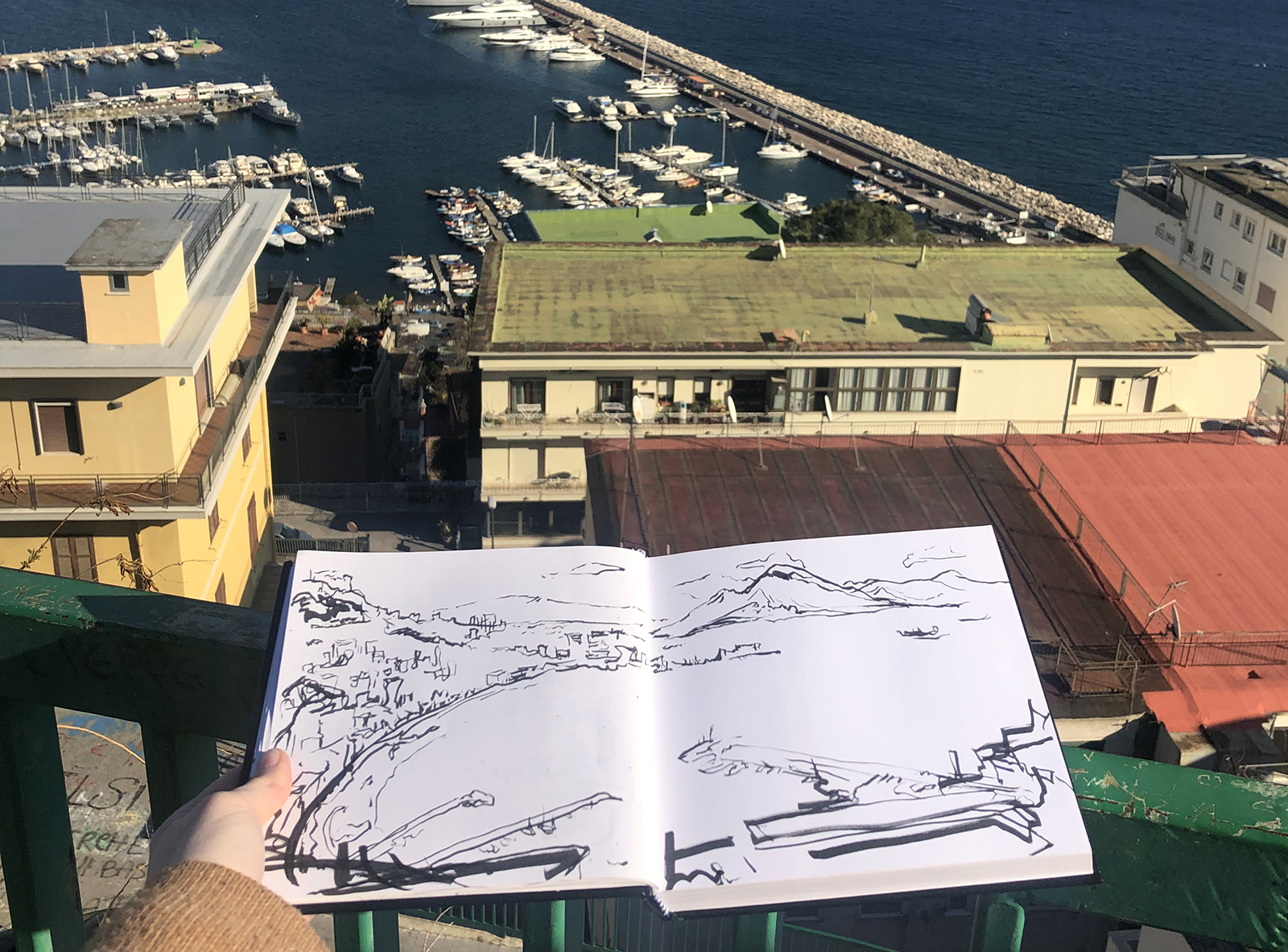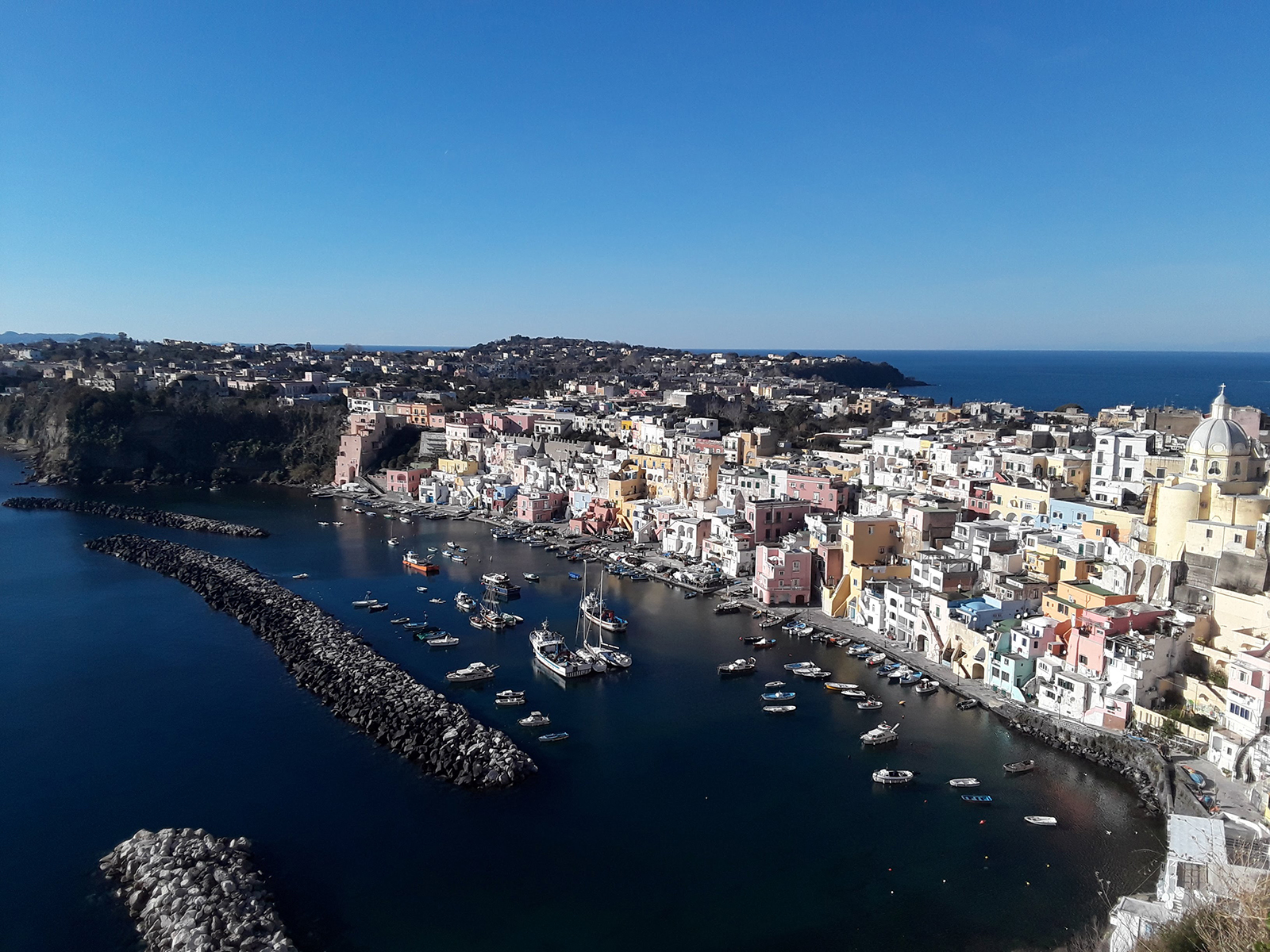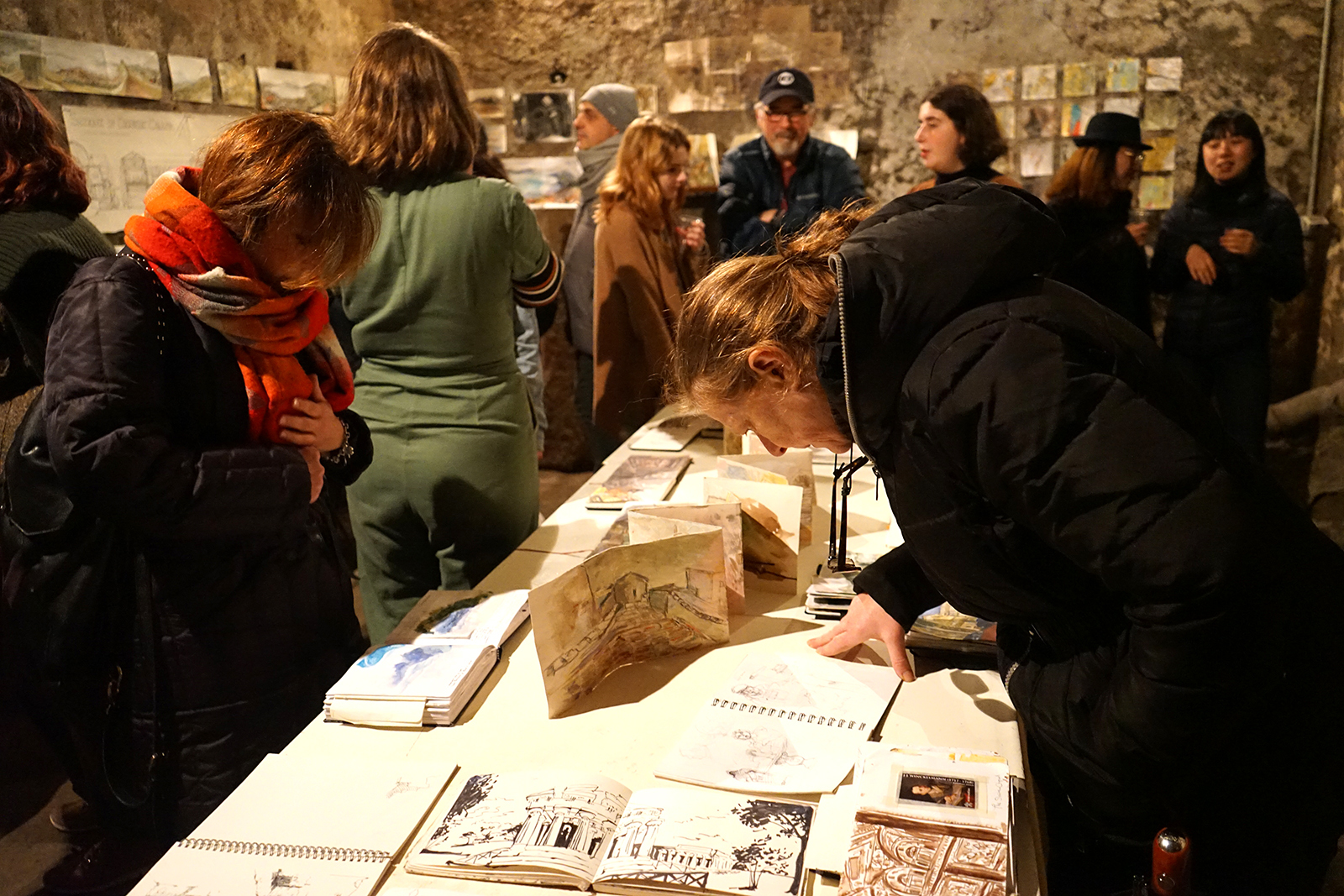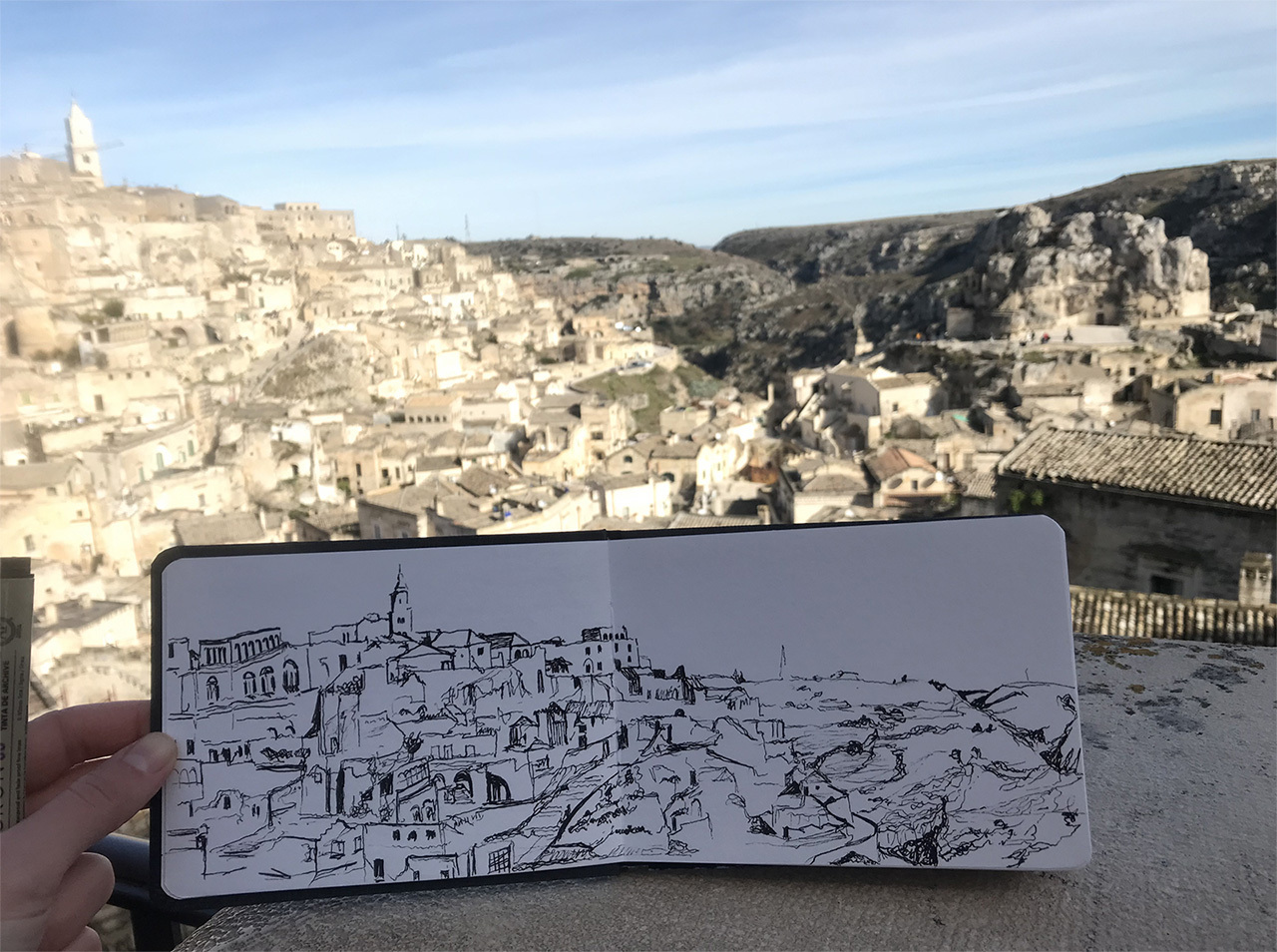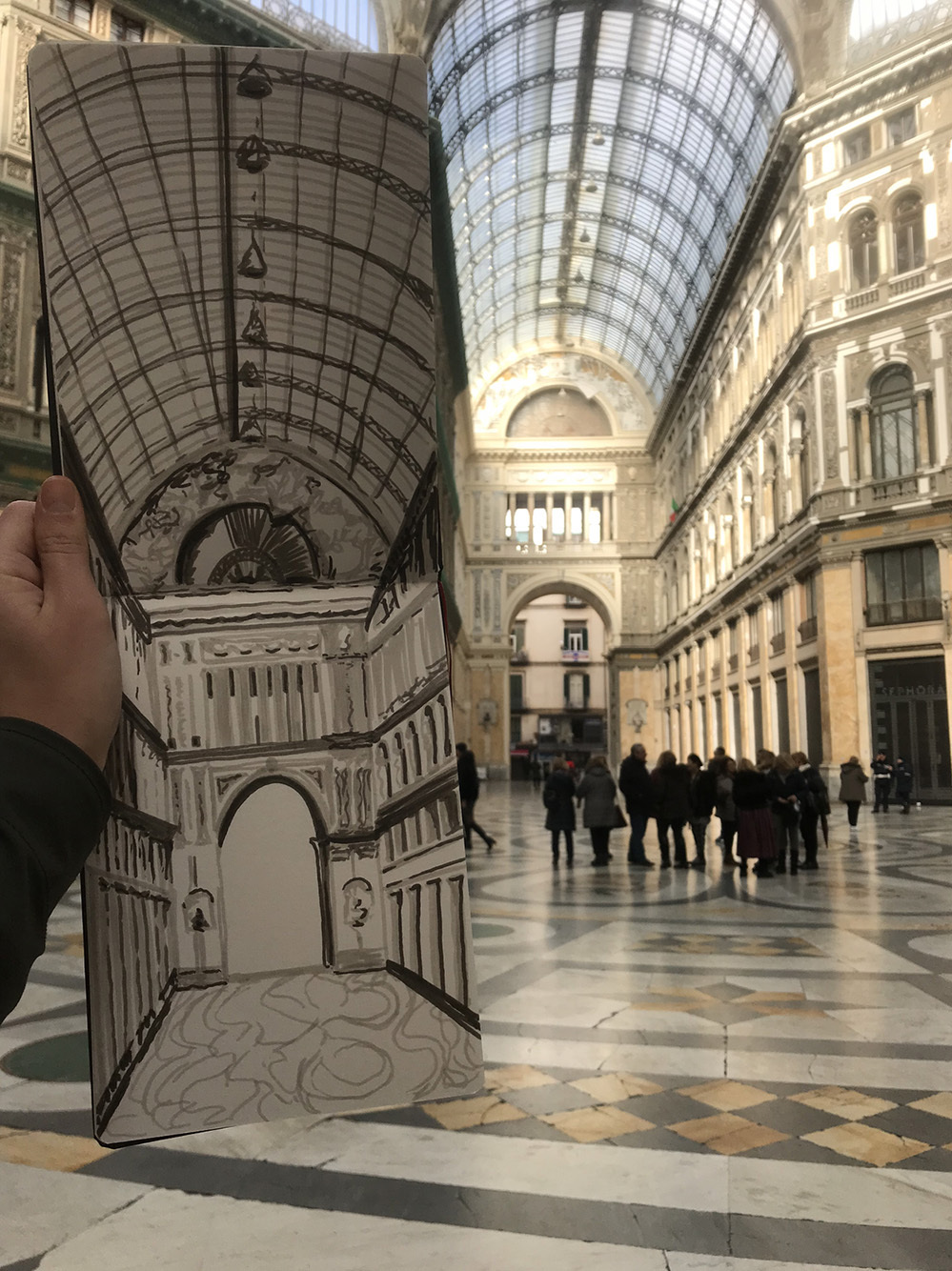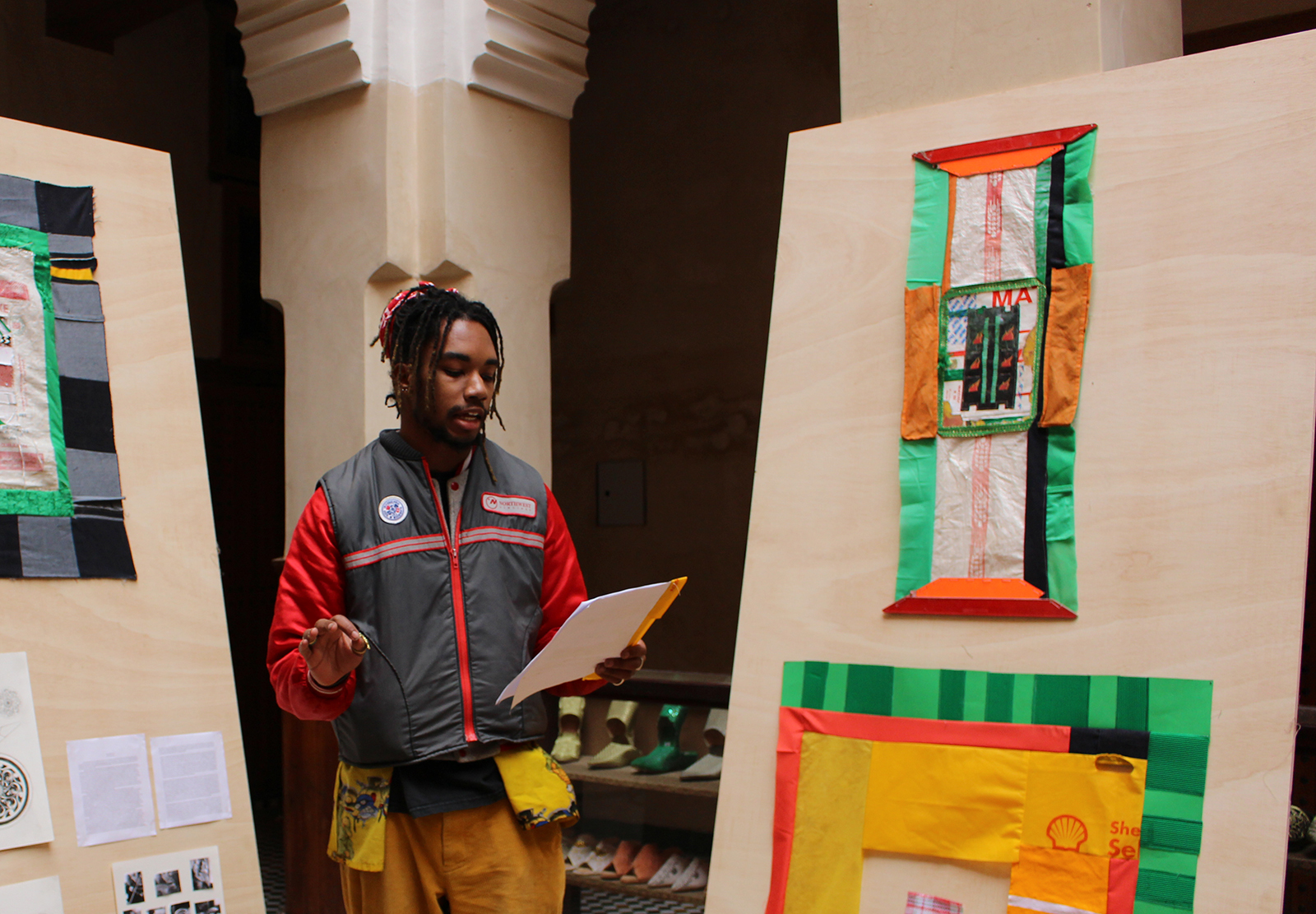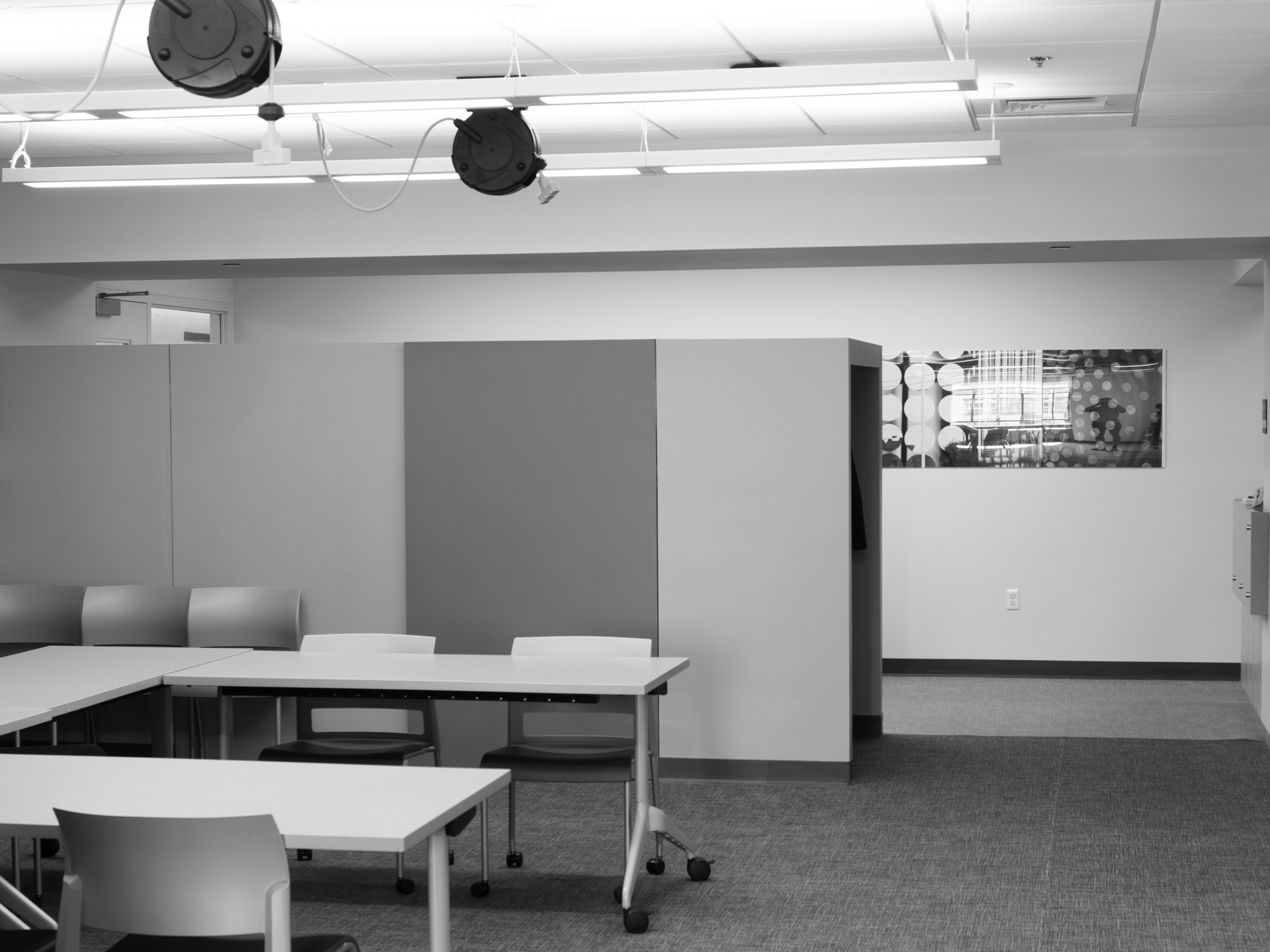About this travel course
Course Description
Naples, a UNESCO World Heritage Site and one of Europe’s most populous and historic coastal metropolitan areas, is under seemingly insurmountable geological and ecological risks - all this preceding the threats posed to all urban centers within the forecasts of global climate change. Irrespective to being prone to seismic and volcanic activity, the bay of Naples is an example of territorial resilience and ecological diversity. Furthermore, this often-effaced civilization has capitalized its natural resources to assert its cultural, political and economic position within a much larger map throughout several millennia. After centuries of “neglect” and losing its importance as the capital of the Mediterranean, Naples is slowly experiencing a rebirth of its economy through the industries of tourism.
Beginning with the embryonic nucleus of the first Greek settlement of Parthenope, Naples harnessed its fresh springs to provide ample drinking water for its growing population while its salubrious hot springs turned the bay into a mecca of bathing, therapeutical and recreational facilities that attracted the ancient jet-set.
Water and the management of springs and aquifers should be of primary concern to the Neapolitan region as the sheer abundance, quality and diversity in mineral content has been contaminated, channelized and squandered to the sea since the post-war industrial boom. The bay’s complex and layered geology has rendered restorative sulfurous springs from the volcanic tuff terrain and calcium rich water stemming from the Karstic aquifers of the Apennines with many of these sources conveyed to the city through natural streams and ancient conduits. Mixed with the salinity of its coastlines, these waters have nourished and diversified the bay’s ecosystems which are ideal for animal habitat, human settlement, industry and leisure. Over its long history, the water supply was harnessed, transported and exploited with imagination, design and engineering.
Co-Requisite Courses
- Familiarity with CAD, GIS and Adobe Suite.
- An interest in nature-culture-sustainability studies.
Permission will be evaluated through letters of interest-portfolio submission.
